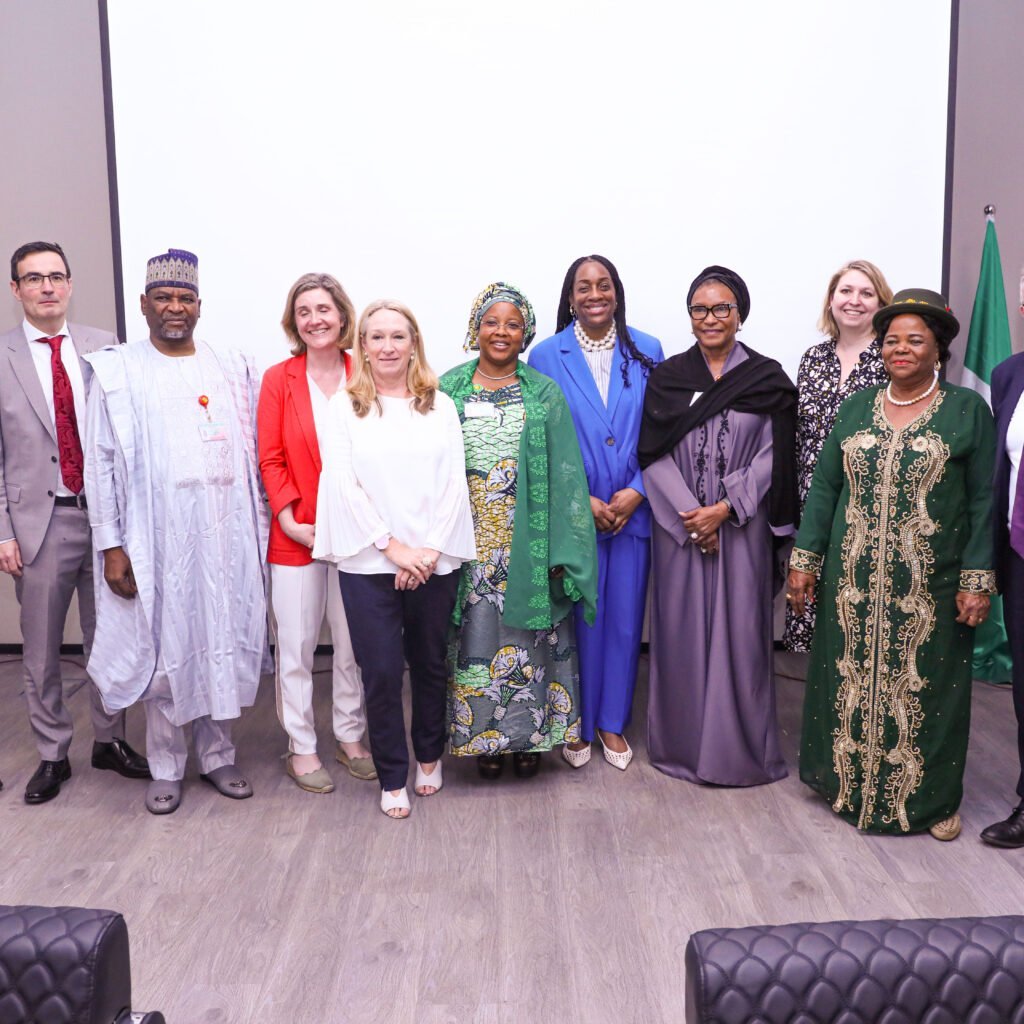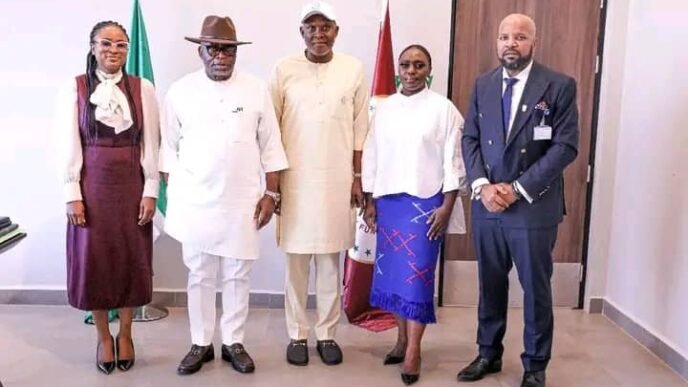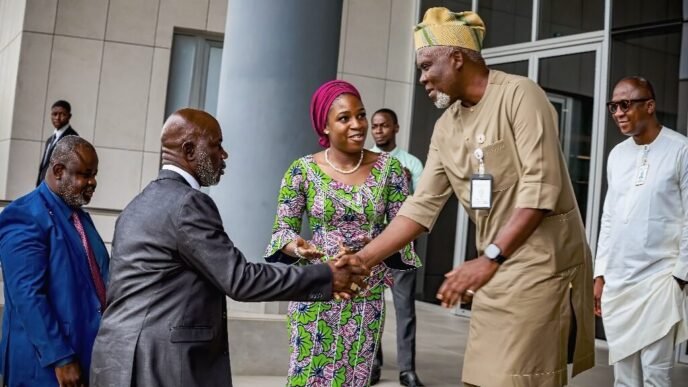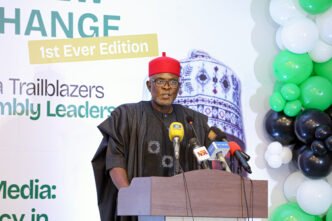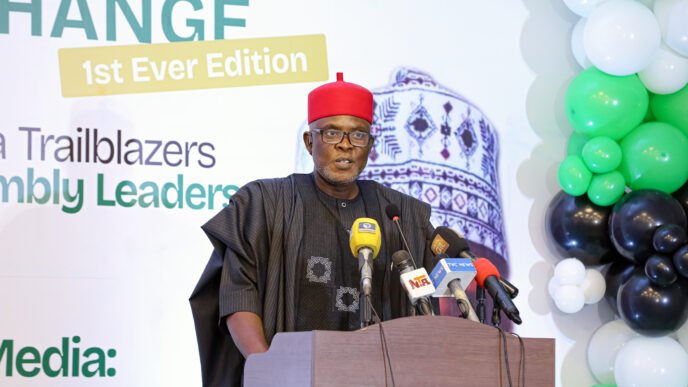Increasing Female Political Representation: The Need for Gender-Inclusive Governance in Nigeria
In recent years, the global call for gender-inclusive governance has gained significant momentum, and Nigeria is no exception. As the country grapples with its democratic evolution, the push for greater female political representation has become more pressing. A key event highlighting this issue was the recent three-day visit of a UK Parliament delegation to Nigeria’s National Assembly, organized by the National Assembly Library Trust Fund in honor of Women’s History Month. This visit brought together high-level delegates and female parliamentarians to explore pathways toward increasing women’s involvement in governance and policymaking.
The delegation, composed of distinguished members from both the House of Lords and the House of Commons, engaged with Nigerian lawmakers, female parliamentarians, and policy experts, focusing on strengthening bilateral partnerships, promoting gender-inclusive policies, and discussing the Special Seats Bill, which aims to boost female representation in political spaces. This visit not only reinforced the importance of gender-balanced leadership but also underscored the need for urgent reforms that would allow Nigerian women to take their rightful place in the political sphere.

The Need for Increased Female Representation in Nigerian Politics
The representation of women in Nigerian politics has remained critically low despite the country’s rich cultural diversity and rapidly expanding population. According to the National Gender Policy, the goal is for women to hold 35% of all political offices. However, this has not been achieved. The reality is that female representation in Nigerian politics continues to lag behind other countries, with women constituting only 6% of Nigeria’s National Assembly, one of the lowest in the world. In the 2019 general elections, only 7 women were elected to the Senate out of 109 seats, and only 11 women were elected to the 360-member House of Representatives.
Such low numbers are emblematic of the systemic barriers women face in entering politics in Nigeria, which include cultural biases, limited access to financial resources, and an underrepresentation of women in the political establishment. The traditional view that politics is a male-dominated sphere continues to hinder the participation of women, with many being excluded from decision-making processes and leadership positions.
The lack of gender-inclusive policies further exacerbates this issue, as laws and policies often fail to address the unique challenges faced by women. As a result, the perspectives and concerns of half of the Nigerian population are not adequately reflected in the country’s legislative agenda.
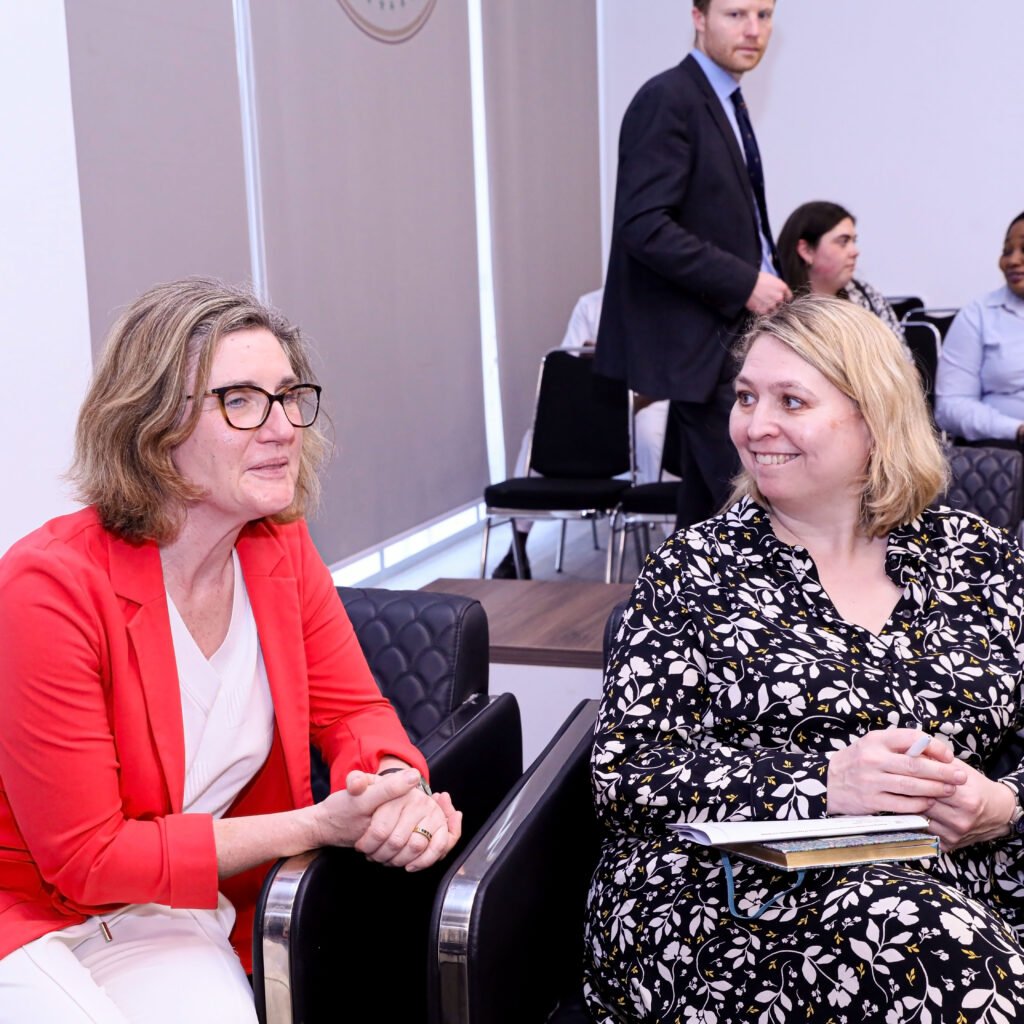
The Role of Legislation in Empowering Women Politically
The Special Seats Bill, one of the key topics discussed during the UK Parliament delegation’s visit to Nigeria, seeks to address this gender gap by proposing a mechanism that reserves certain seats in both the Senate and the House of Representatives specifically for women. This bill is vital for creating more opportunities for women to participate in the political process, especially given the historical disadvantages that women have faced in Nigeria’s political system.
While many African countries have taken steps toward gender parity in political representation, Nigeria still lags behind. Rwanda is a prime example of success, with women constituting over 60% of the country’s parliament, a significant feat achieved through strong legislative actions such as gender quotas and affirmative action. In contrast, Nigeria’s gender policies have not been fully implemented, and despite the fact that women make up about 49% of the population, their political representation remains inadequate.
In Nigeria, women’s representation is hindered by entrenched patriarchal norms that often place women in domestic roles, limiting their public and political engagement. These gender norms, coupled with the high costs of running for office, discourage many women from pursuing political careers. Furthermore, the scarcity of mentorship programs and the absence of strong female political networks leave women at a disadvantage in an already competitive and male-dominated field.

Why Gender-Inclusive Governance is Crucial for Nigeria’s Progress
Gender-inclusive governance is not just a matter of fairness; it is also critical for the development and progress of any nation. Numerous studies have shown that when women are included in leadership positions, the outcomes are more positive for society as a whole. Women tend to bring different perspectives, priorities, and approaches to policymaking, which can lead to more comprehensive and equitable solutions.
For example, research by the World Economic Forum (WEF) suggests that countries with greater gender parity in political leadership tend to have better outcomes in areas such as education, health, and poverty alleviation. Women leaders often focus on issues such as healthcare, education, and social welfare, which are crucial to the wellbeing of society. In Nigeria, the increased inclusion of women in governance could help address pressing challenges such as poverty, unemployment, and lack of access to quality education, all of which disproportionately affect women and children.
Moreover, the economic benefits of gender-inclusive governance cannot be overstated. According to the McKinsey Global Institute, advancing women’s equality could add up to $28 trillion to global GDP by 2025. For Nigeria, empowering women politically could unlock untapped economic potential, especially in sectors where women traditionally dominate, such as agriculture, trade, and small-scale business enterprises.

A Collaborative Approach: Nigeria and the UK
The visit of the UK Parliament delegation to Nigeria highlights the importance of international collaboration in promoting gender-inclusive governance. Through bilateral partnerships, both countries can share knowledge, best practices, and strategies for increasing women’s political participation. In the case of Nigeria, the engagement with female parliamentarians and lawmakers provides an opportunity to discuss strategies for overcoming the challenges faced by women in Nigerian politics.
The discussions between the delegation and Nigerian lawmakers also emphasized the need for gender-sensitive legislative drafting. By ensuring that laws are designed with women’s needs in mind, Nigeria can create a more inclusive political environment that benefits all citizens, regardless of gender.
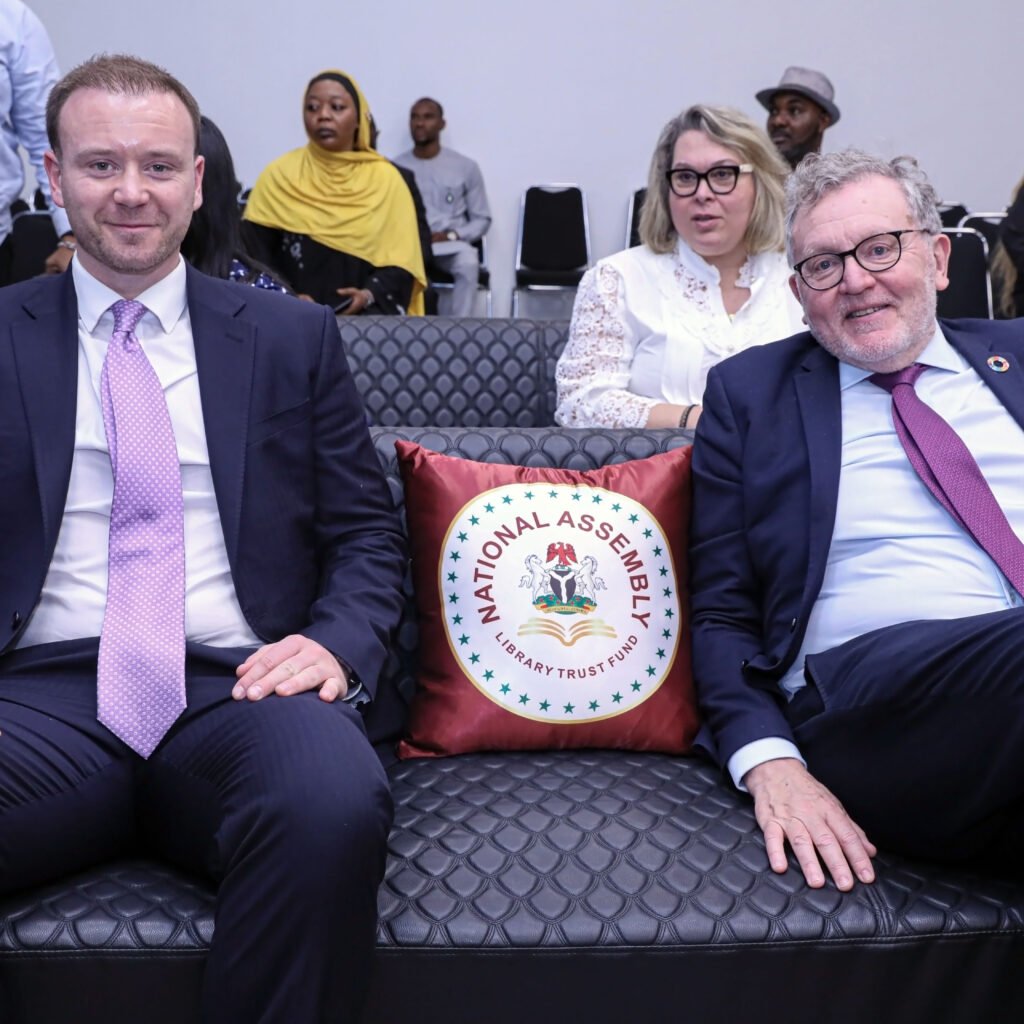
Conclusion
As Nigeria continues to strive for more inclusive and representative governance, the need for increased female political representation cannot be overstated. The recent discussions between Nigerian lawmakers and the UK Parliament delegation have set the stage for future reforms that could lead to a more gender-balanced political landscape. By strengthening policies, removing barriers, and fostering collaboration, Nigeria can take significant steps toward achieving greater political representation for women, ultimately fostering a more equitable and prosperous society for all.
